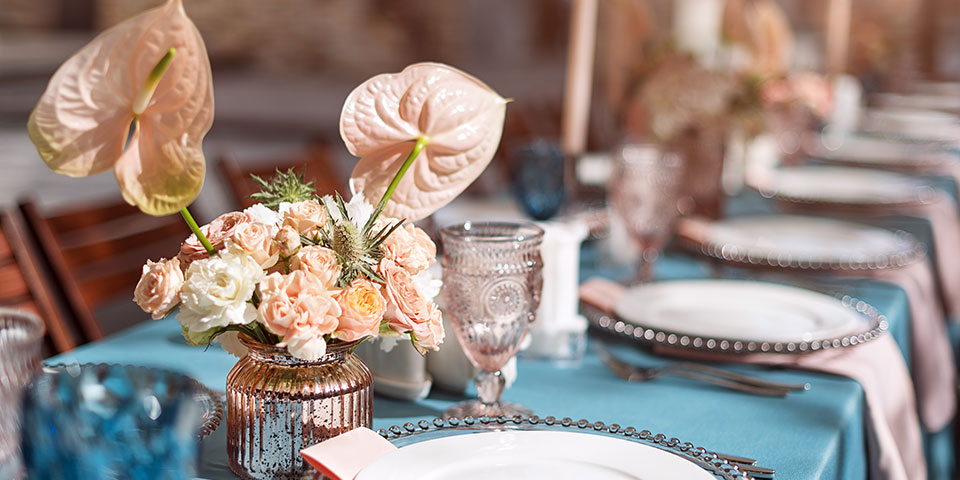Researching and booking your wedding suppliers is one of the first things you’ll want to think about as your wedding plans come together. But finding the right suppliers can be tricky – especially if you’re not sure exactly who you need!
Wedding planners, coordinators and stylists are a great investment for busy couples, but there can be a little bit of confusion when it comes to the differences between each one. While they might sound similar, there are actually some key differences you should be aware of to help you find the best fit for your requirements.
If you’re currently in the process of booking suppliers, keep reading as we explain the differences between planners, coordinators and stylists, including the roles and responsibilities of each one!
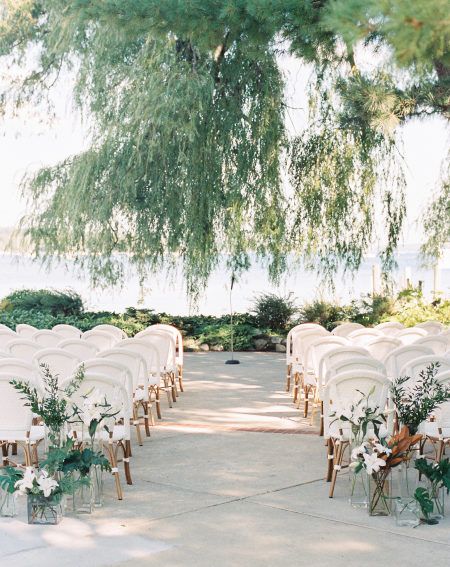
What Does a Wedding Planner Do?
A wedding planner is essentially your dedicated event manager. Their role is to manage and execute all of the logistics involved in planning your day. From sourcing and booking suppliers to managing contracts and developing timelines, a wedding planner ensures your planning process runs seamlessly from beginning to end.
Wedding planners are known for their incredible organisation and multi-tasking skills as well as their attention to detail. They’ll often have different packages available depending on your requirements, from full-service planning to partial planning or on-the-day coordination (more on that soon!).
Depending on your package, the responsibilities of a full-service wedding planner generally include:
- Assisting with sourcing venue locations for both the ceremony and reception
- Organising and attending site-visits and appointments
- Researching and booking all vendors required for the day
- Helping you create, delegate and track your budget (including managing invoices and payments)
- Managing all vendor correspondence on your behalf (including managing contracts and documentation).
- Managing your RSVPs and assisting with floor plan and seating chart creation
- Creation and distribution of your wedding day timeline
- Overseeing set-up and coordination on the day (including managing suppliers, guests, and handling last-minute emergencies!)
A full-service wedding planner is best suited for couples wanting to hand over the bulk of their wedding organisation to a professional. This option is also ideal for busy, time-poor couples who might be juggling wedding planning with full-time work, family and other commitments.
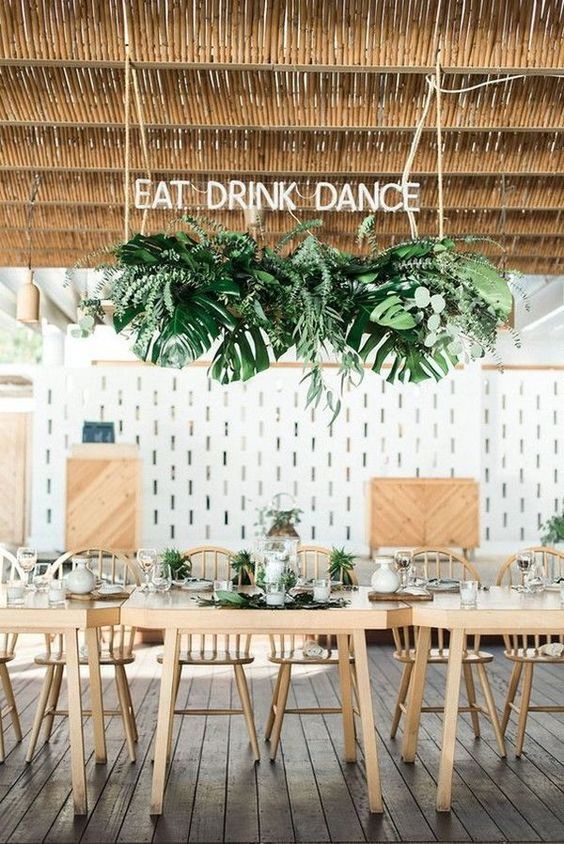
What Does a Wedding Coordinator Do?
As mentioned earlier, a wedding planner usually also offers a separate service known as “on-the-day coordination” or “day-of coordination”. However, your wedding venue may offer their own “venue coordinator” – and this is where the confusion can set in! Here are the key differences to keep in mind:
A wedding coordinator is an external contractor booked by you and your partner. They differ from a full-service wedding planner in that their sole responsibility is to manage and oversee the running of your wedding day itself. Unlike a wedding planner, they aren’t involved in any of the pre-wedding preparation like booking vendors or managing contracts. Instead, a wedding coordinator will step in around 1 month before the day and work with you in the final lead-up.
The responsibilities of a wedding coordinator generally include:
- A site meeting 1 month prior to the wedding (where you’ll handover all of your plans, timings and contacts for the day)
- Preparing and distributing your wedding day timeline
- Confirming final details with both your venue and suppliers including bump in/bump out times and responsibilities on the day
- Overseeing set-up and coordination on the day itself (including managing suppliers and guests, setting up furniture and decor, moving items between locations, and handling last minute emergencies)
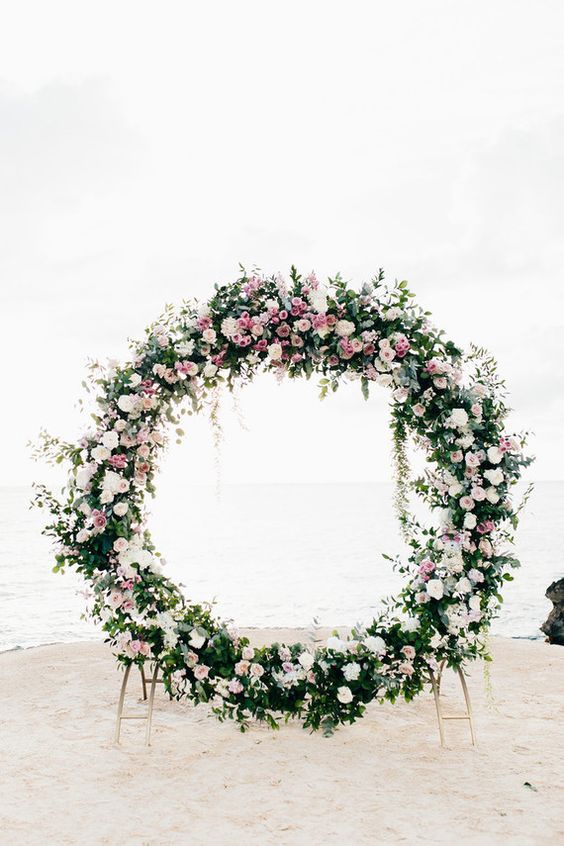
A venue coordinator is employed by your venue, and their services are usually included in your venue package. Their scope of work differs from an external wedding coordinator in that they are generally only responsible for dealing with logistics related specifically to the venue. They don’t typically manage your other suppliers, and aren’t responsible for anything happening off-site (for example, if your wedding ceremony is being hosted in a separate location). They also won’t be responsible for setting up any additional items not included in your package (for example – centrepieces, flowers, place cards, signage, and other decor).
The responsibilities of a venue coordinator can vary depending on the venue, but generally include:
- Managing and coordinating all services offered on-site (for example, food and beverage service or in-house furniture selections)
- Creating an in-house schedule for the day and coordinating all venue staff
- Giving vendors access to your venue and managing deliveries and pickups
- Setting up any venue inclusions (for example, tables and chairs)
- Overseeing health and safety throughout the event (for example, ensuring suppliers are adhering to venue safety policies, cleaning up broken glasses, etc)
It’s important to check your inclusions thoroughly so you know exactly what to expect with your venue coordinator before dismissing the idea of a wedding coordinator, as the scope of work may be more limited than what you require.
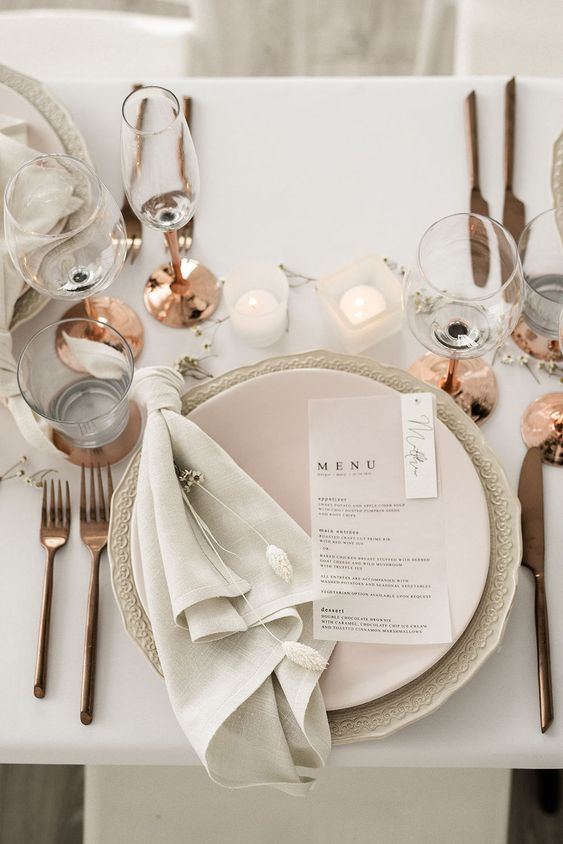
What Does a Wedding Stylist Do?
A wedding stylist is solely responsible for the look and feel of your day. Their role is to organise and oversee all of the visual components that will help to bring your desired vision to life.
Wedding stylists have a talent for decoration and design, but differ from wedding planners and coordinators in that they don’t manage any of the logistics. Your wedding stylist won’t be responsible for managing contracts, creating your timeline or liaising with other suppliers unless it specifically relates to the styling.
The responsibilities of a wedding stylist generally include:
- Creating an overall wedding “theme” and presenting concept ideas through mood boards and visual aids
- Sourcing and corresponding with all suppliers required for styling (for example, florists, stationery artists, lighting suppliers)
- Sourcing any additional styling materials or decor
- Liaising with styling suppliers before the day to confirm final details
- Managing and overseeing all styling-related set up on the day
A wedding stylist is best suited for couples that feel confident managing the logistics of their day, but want a professional to take care of the visual elements. You’ll also find many wedding planners who also offer styling services, and vice versa.
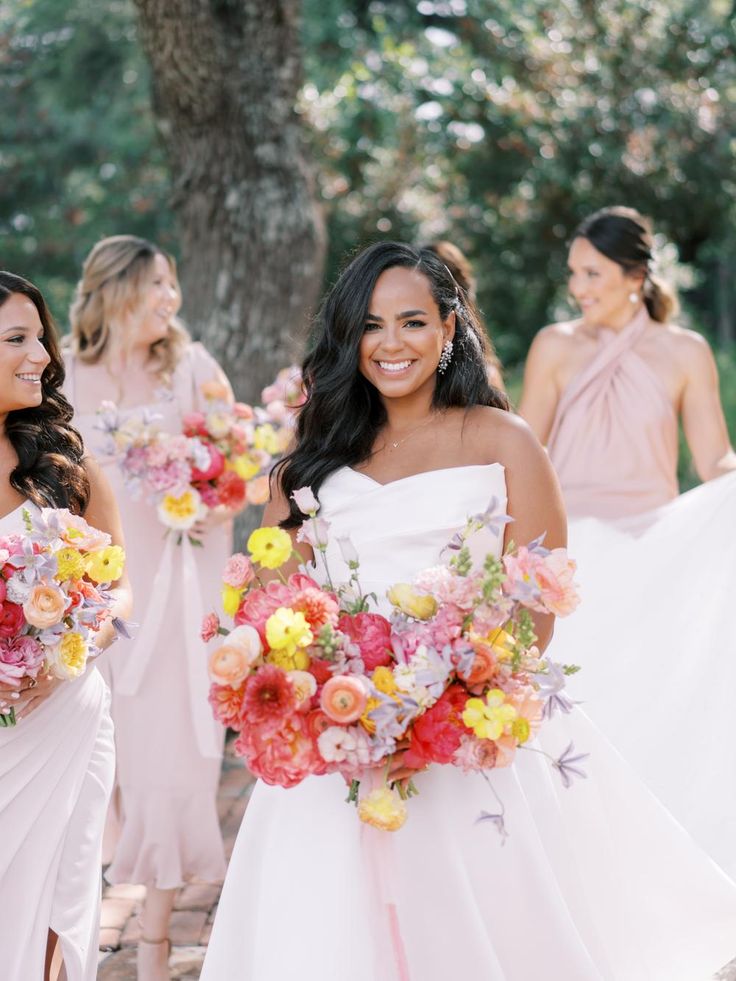
Finding Your Best Fit
In order to find the right supplier for your needs, take some time to think about the elements of your wedding you feel confident with, and the areas where you’d like some extra help! You’ll also want to consider how much time you have available to dedicate to your wedding planning, and the amount of responsibility you realistically want to take on board.
A great place to start is by simply compiling a list of all the elements you want assistance with, and use this when researching suppliers to see which one best fits your requirements.
You can also find our top tips for finding the right wedding planner here to get started.
Happy planning!
